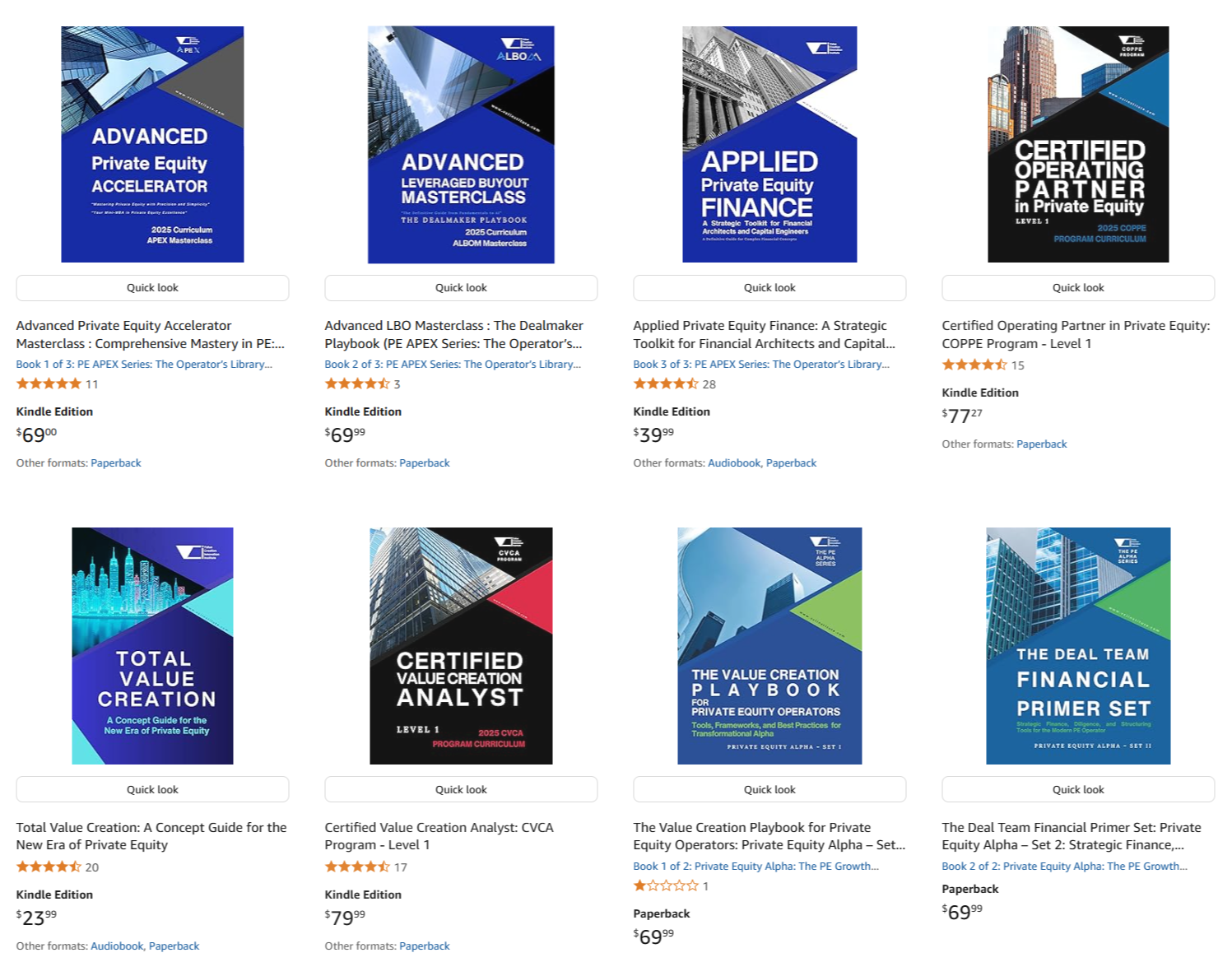Post-Acquisition Hangover: What Happens After the OpCo Honeymoon Ends
Jul 01, 2025
1. When the Deal Closes, Reality Moves In
In private equity, closing a deal can feel like a wedding—celebrations, shared vision, bold predictions.
But what happens next is less glamorous.
Because after the champagne comes the hangover.
And in the world of PE-backed companies, that hangover looks like stalled execution, emotional misalignment, and value erosion. The cause? A fundamental disconnect between what was promised in the deal model and what reality demands in the operating trenches.
2. The Unspoken Truth About PE–OpCo Dynamics
What unfolds in the weeks and months after acquisition isn't just operational—it’s human.
-
The private equity sponsor expects immediate traction.
-
The OpCo CEO looks for clarity but often receives commands.
-
The Operating Partner is expected to fix everything—without full authority or context.
This isn’t a fluke. It’s a system failure. And one that repeats across deals, geographies, and industries.
3. The Real Causes of the Hangover
3.1 Legacy Assumptions Don’t Age Well
CEOs are often retained based on pre-deal logic—before pricing power, access to capital, or team bandwidth shifted.
3.2 The 100-Day Plan Comes Too Late
By the time the slide deck arrives, trust has already eroded. Internal teams have made up their own minds.
3.3 Obsession with Execution, Not Viability
Many investors focus on operating models before testing whether the business model is even scalable.
3.4 Silence Is the Enemy
When leadership teams delay recalibration, the resulting confusion becomes cultural—not just strategic.
4. The Emotional Side of Post-Deal Friction
The post-acquisition phase is deeply emotional:
-
CEOs feel overwhelmed and isolated.
-
Teams feel scrutinized and expendable.
-
Investors feel pressured to prove value early.
-
Operating Partners are caught between mandates and morale.
This tension doesn’t just simmer—it compounds until someone quits, disengages, or burns out.
5. Five Moves to Prevent the Hangover
VCII teaches leaders to move beyond reaction. Here’s what works:
5.1 Redesign the 100-Day Plan
Split it into two phases:
-
80 days pre-deal (alignment, trust, modeling assumptions)
-
20 days post-deal (focused action)
5.2 Build a Trust Ramp-Up Plan
Trust isn’t automatic. It must be built. Conduct skip-level meetings, map influencers, and measure internal trust flows—before strategy is pushed.
5.3 Define the Power Contract Early
Decide upfront:
-
Who leads?
-
Who aligns?
-
Who resolves conflict?
Don’t assume. Codify it.
5.4 Invest in Coaching Across the Leadership Chain
Consulting provides answers. Coaching builds capacity. Use structured coaching to keep Operating Partners and CEOs aligned and resilient.
5.5 Treat Value Creation as a Team Sport
Drop the “assign and review” mindset. Shift to “co-create and own.” Teams follow conviction, not coercion.
6. Closing Thought: Misalignment Erodes Value Faster Than Underperformance
Post-acquisition success depends less on tactics and more on trust.
If misalignment starts at the top, it seeps downward—and value erodes before IRR ever has a chance.
Boardrooms need to ask better questions. Operating Partners must reduce friction, not just push change. And CEOs must be equipped to lead, not just execute.
At VCII, we believe the first 100 days post-close are sacred. Not for proving the deal. But for earning the right to scale it.
If you're navigating this tension, we’re here to help.
Visit www.vciinstitute.com to explore our COPPE certification and post-acquisition alignment frameworks.
#PrivateEquity #OperatingPartner #CEOAlignment #ValueCreation #PostAcquisition #Leadership #PECoaching #VCIInstitute
We have many great affordable courses waiting for you!
Stay connected with news and updates!
Join our mailing list to receive the latest news and updates from our team.
Don't worry, your information will not be shared.
We hate SPAM. We will never sell your information, for any reason.


